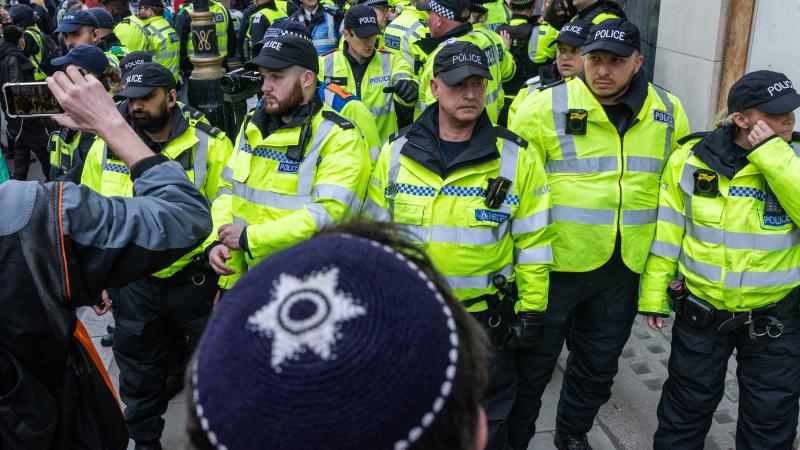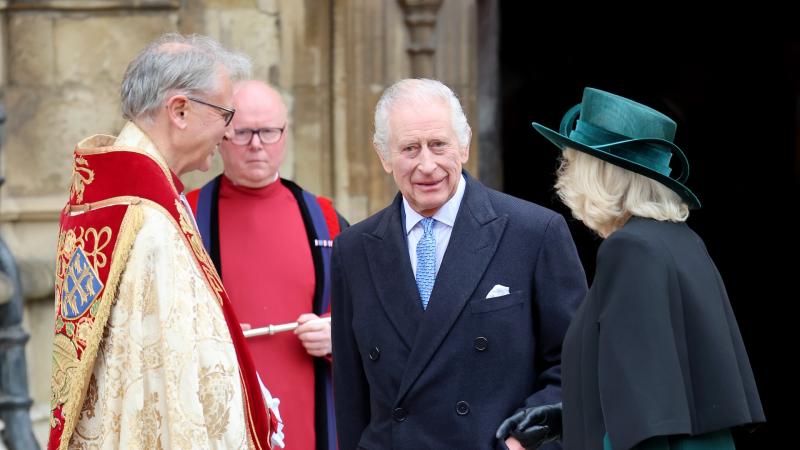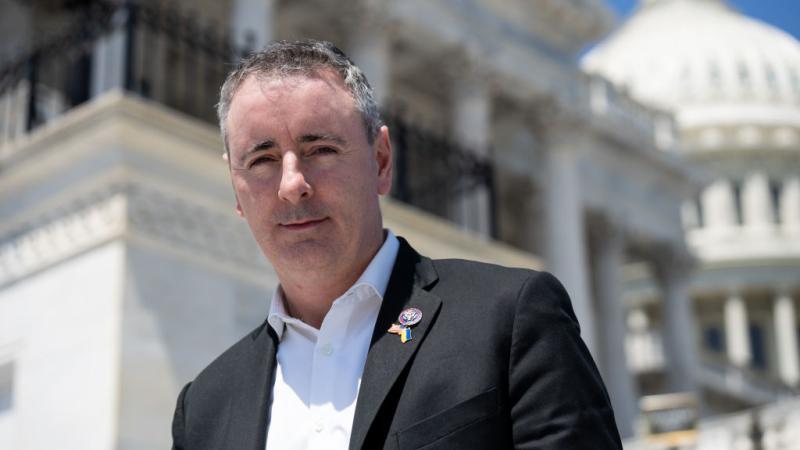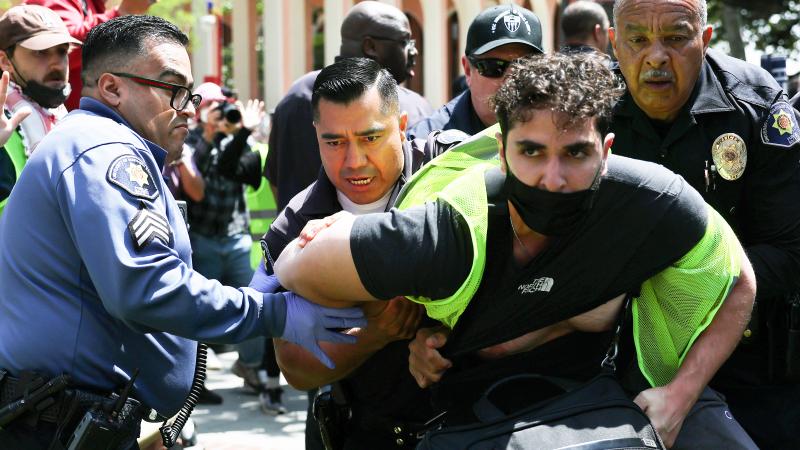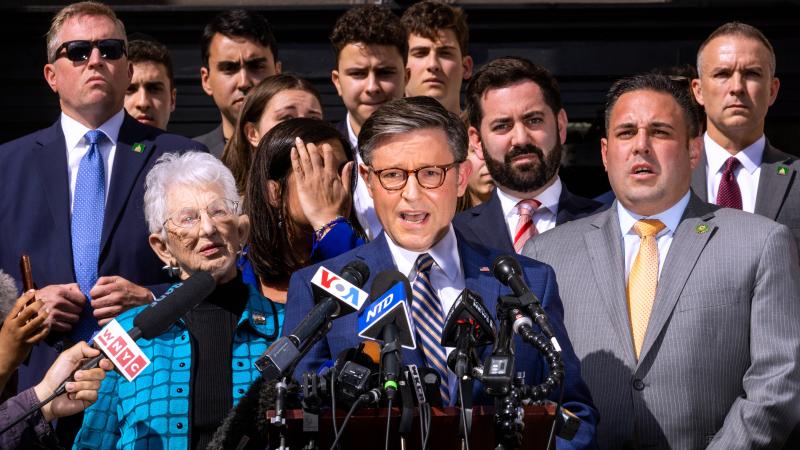Islamist extremism suspected in murder of UK MP; suspect had family ties to Somali government
U.K. was home to the highest known number of Islamist radicals in Europe — between 20,000 and 25,000 people, EU's counterterrorism coordinator warned in 2017.
Ali Harbi Ali, a British national of Somali heritage, is currently being held at a London police station until Oct. 22 under the United Kingdom's Terrorism Act of 2000 on suspicion of murdering British Member of Parliament Sir David Amess.
Early indicators point to "a potential motivation linked to Islamist extremism," according to the London Metropolitan Police's Counter Terrorism Command.
Born in Southwark, south London, Ali is the son of a former adviser to a Somali prime minister and nephew of the Somali ambassador to China, the BBC reports.
Ali was referred a few years ago to the government's "Prevent" scheme, which is aimed at deradicalizing individuals, according to the British national broadcasting service. However, he did not spend long in the voluntary program and was not put on the MI5 "subjects of interest" watch list.
When Ali booked an appointment to meet with the MP in person on Friday his name did not raise security concerns. Home Secretary Priti Patel has since said it is "important to recognize that people referred to Prevent are not automatically at risk of becoming radicalized."
However, Patel confirmed the counterterrorism program is undergoing an independent review to see if it is "fit for purpose."
The review began in 2020 after she called for the biggest shake-up of the Prevent strategy since its launch in 2003, due to fears that large areas of the country are unprotected from extremists.
Prevent was launched by former Prime Minister Tony Blair's Labour government as part of its war on terror following 9/11. However, it was soon accused of Islamophobia and was amended in 2011 under a Conservative government.
"The ideology of extremism and terrorism is the problem; legitimate religious belief emphatically is not," declared then-Home Secretary Theresa May.
To demonstrate she was not targeting extremists from one religion, May increased the program's scope to include far-right groups, though her report failed to identify any of these by name, and it was soon criticized for blurring the difference between extremist views and violent extremism, assuming one leads to the other.
The day before the assassination of Amess, the House of Commons library published a statistical study of terrorism in Great Britain. Based on figures originally compiled by the Global Terrorism Database, the briefing document reported there were 95 deaths in England and Wales due to Islamist terrorist attack from April 2003 to March 31, 2020.
Those numbers are small compared to the 3,416 deaths in the U.K. during the troubles in Northern Ireland. This is partly due to the differing level of sophistication between attacks organized by well-funded paramilitary organizations and lone wolf Islamists with knives, like Ali Harbi Ali.
The lower numbers are also due to the successes of the security services in preventing larger scale attacks. The director general of MI5, Ken McCallum, told the BBC in September that a total of 31 late-stage terror plots have been foiled in the U.K. in the past four years and that his organization had "saved thousands of lives" during the last 20 years, but admitted it "cannot always succeed."
An example of that was the July 7, 2005 London tube and bus bombings that resulted in 52 fatalities and 700 people being injured.
The security services face a daunting task due to the high numbers of Islamist extremists that now live in the U.K.
In 2017, Gilles de Kerchove, the EU's counterterror coordinator, said that the U.K. was home to the highest known number of Islamist radicals in Europe — between 20,000 and 25,000 people — with 3,000 considered a direct threat by MI5 and 500 under constant surveillance.
Due to resource limitations, in other words, only one in six of the individuals that MI5 considered to be "a direct threat" were under surveillance at any one time. The situation may now be even worse.
New problems are likely to arise due to the U.S. defeat in Afghanistan, McCallum fears. "The big concern flowing from Afghanistan, alongside the immediate inspirational effect," he said, "is the risk that terrorists reconstitute and once again pose us more in the way of well-developed, sophisticated plots of the sort that we faced in 9/11 and the years thereafter."
It is not yet known if the MP's killer, Ali Harbi Ali, was inspired to carry out his attack by the Taliban victory.
Despite Britain's deradicalization program to reduce terror incidents in the U.K., and its involvement in the war on terror in Iraq and Afghanistan, the MI5 director has a gloomy assessment of what that huge investment in blood and treasure achieved.
"It is difficult to say if the U.K. is safer — or less safe — now than it was at the time of the September 11 attacks," McCallum told the BBC.


